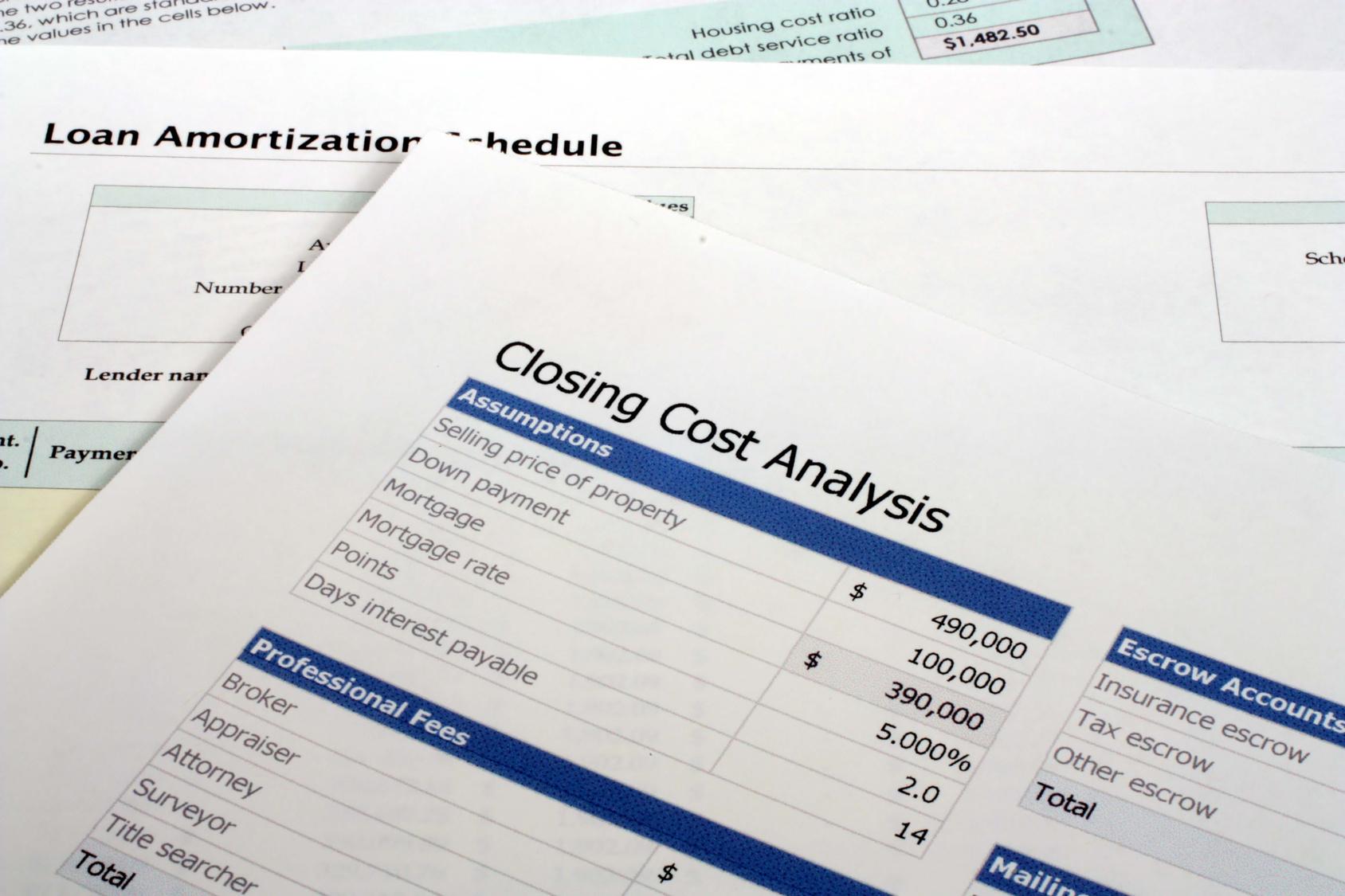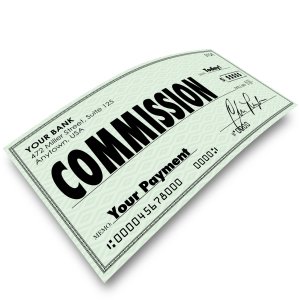Any business is dependent on marketing in order to grow, and real estate is no different. In order to maximize the return on your marketing, you want to make sure that you are reaching the right audiences as efficiently as possible.
Below are some tips to help you optimize your marketing and reach your real estate goals faster.
- LinkedIn – In recent years, LinkedIn has become the ‘de facto’ platform for professionals to network. Its 300 million user base consists of just about every professional in the commercial real estate, residential real estate, finance, investing, or legal fields you could want to meet, and it offers a powerful marketing and engagement system with blogging, group discussion boards, and search functions. Combined with ultra-targeted advertising, LinkedIn is an important focus for any business in 2016.
- Realtor.com – Claim your profile online at Realtor.com. Post your picture along with your contact information. This is usually near the top of search engine results because Realtor.com is such a well-known brand, so you want this profile, which is rightfully yours, to reflect your own individual real estate agent branding. You may also want to consider some of the tools available on your local trade industry’s website, like the ones available on CAR.org http://www.car.org/tools/
- Your Website – Your website is the foundation for all of your digital marketing efforts. If a potential client goes to your website, you want them to be impressed and you want them to contact you. Your website should funnel all interest and inquiries into either an inbox or voicemail that you check regularly and can respond to quickly. You can look at using Listingbook, Top Producer, Placester or WiseAgent.
- Referrals – Referrals are the lifeblood of any successful real estate business. You can work harder than anyone else out there, but if you don’t have a “sales force” of satisfied clients and trusted referral partners, you will quickly fall behind the competition. The best referrals can come from CPAs, attorneys, mortgage professionals and even other real estate agents that serve other areas. Think about a commission rebate for your referral, possibly 1% back is a traditional amount. You might also consider joining a business networking group like BNI, Le Tip,Toastmasters or a local Chamber of Commerce.
- Tap your network via email – There are a number of software programs such as com,Campaigner.com or Constantcontact.com you can utilize to optimize your network. Whether you are using a high priced contact management software or simply keeping track of your contacts in a spreadsheet, being top of mind is key. One of the most cost effective ways to continually be top of mind is to add value to your network via email. While you always want to be thought of as the real estate expert in your network, you don’t always need to talk to people only about real estate. Safe, topical emails that keep you in front of your friends and clients will always frame you in a positive light.
- Facebook – Everyone these days is on Facebook. It can be used for just about any purpose, whether it is your client who just bought a new house throwing a party to show off their new kitchen, or the vacation a friend just took based on the referral you gave them to get hooked up with a Home Equity Line of Credit, Facebook is a great way to intertwine your business and personal lives. Just be sure that you know your audience… you wouldn’t want your Facebook activity to rub potential clients the wrong way. You can also join Facebook group related to your industry, neighborhood, community, alumni associations or anything else you’re passionate about.
- Working Capital – This might be the most important tip of all! You need to constantly be in front of your network, and while email and social media are great for this, there is still something to be said for face time, usually over a meal or drinks. As the successful realtor that your network assumes you are, you should be able to pick up the tab without thinking twice about it. This means always having cash or credit available, regardless of when your deals are closing. You’ll also need cash available to consistently send out the marketing pieces that are so important for building a brand. If you don’t have a good sized war chest available to meet these cash demands when they arise, you may want to consider utilizing a commission advance company such as ExpressCashFlow.com.
Lastly, remember to keep in mind that while you want to market as much as possible, you also want to post an appropriate number of times for the platform you are using. You would never show up at someone’s door multiple times uninvited in a short period of time, just like you shouldn’t post on Facebook about your business multiple times in a short period of time. Similarly with LinkedIn. Posts can be more frequent on Twitter, since the nature of Twitter is to keep up with real time, but you should always make sure that your posts have a lot of value.
About Us:
Express Cash Flow provides commission advances for real estate agents and brokers. Check us out at www.ExpressCashFlow.com or call us at 844-818-2274.















